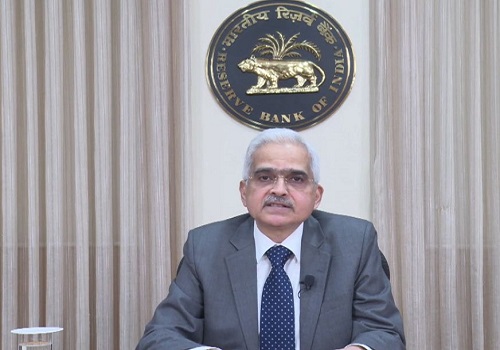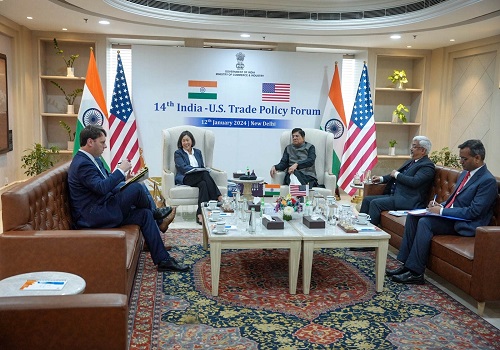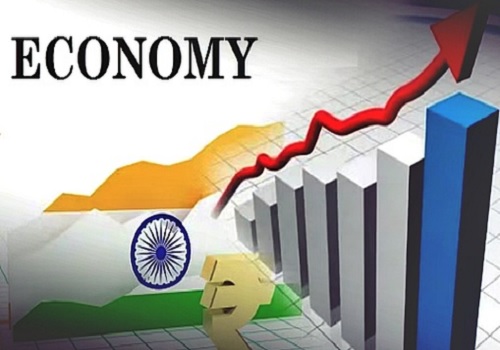Union Budget: Electronics players seek comprehensive support for local TV manufacturing

Electronics manufacturers on Thursday urged the government to prioritise comprehensive support for the local manufacturing of electronics, including the television industry, on the lines of mobile devices.
While mobile phone manufacturing has benefited from numerous incentives, the TV manufacturing sector, despite contributing nearly $12 billion to the economy, is yet to get its due, they said.
“The long-awaited production-linked incentive (PLI) scheme should extend its benefits to televisions or provide alternative manufacturing incentives, particularly for smart TVs,” said Arjun Bajaj, Director of the home-grown manufacturer, Videotex.
Additionally, the classification of TVs larger than 32 inches under the GST slab for luxury goods is outdated.
“Televisions are no longer a luxury item but a necessity for over 200 million households in India. Revising this GST classification would make TVs more affordable, thereby boosting the sector and making these essential devices more accessible to a broader population,” suggested Bajaj.
The industry is reliant on imports for critical components like semiconductors and display fabs, predominantly sourced from China and Taiwan.
While the government has initiated efforts to establish semiconductor manufacturing in India, it is crucial to expedite these projects and also focus on developing domestic display manufacturing capabilities, said industry players.
Avneet Singh Marwah, CEO, Super Plastronics Pvt Ltd (SPPL), said simplifying GST rules, investing in job training and changing tax brackets for consumers are essential steps.
“Keeping the 15 per cent corporate tax rate for new manufacturing ventures would attract both local and international businesses to set up shop in India. Additionally, expanding the PLI scheme in the electronics sector can help Indian manufacturers grow,” he told IANS.
One expected move, suggested Marwah, is to reduce the GST rate on LED TVs larger than 32 inches from 28 per cent to 18 per cent.
“This change aims to boost consumer spending in the electronics sector. Expanding PLI schemes to include smart TVs, refrigerators, and washing machines is also important for market growth and improving manufacturing capabilities,” he mentioned.
The budget holds a critical role in ensuring India maintains its status as the world's third-largest economy.
India's contribution of $3.7 trillion to the global economy, within a total of $100 trillion, coupled with its largest population of young individuals, presents substantial untapped potential.
























